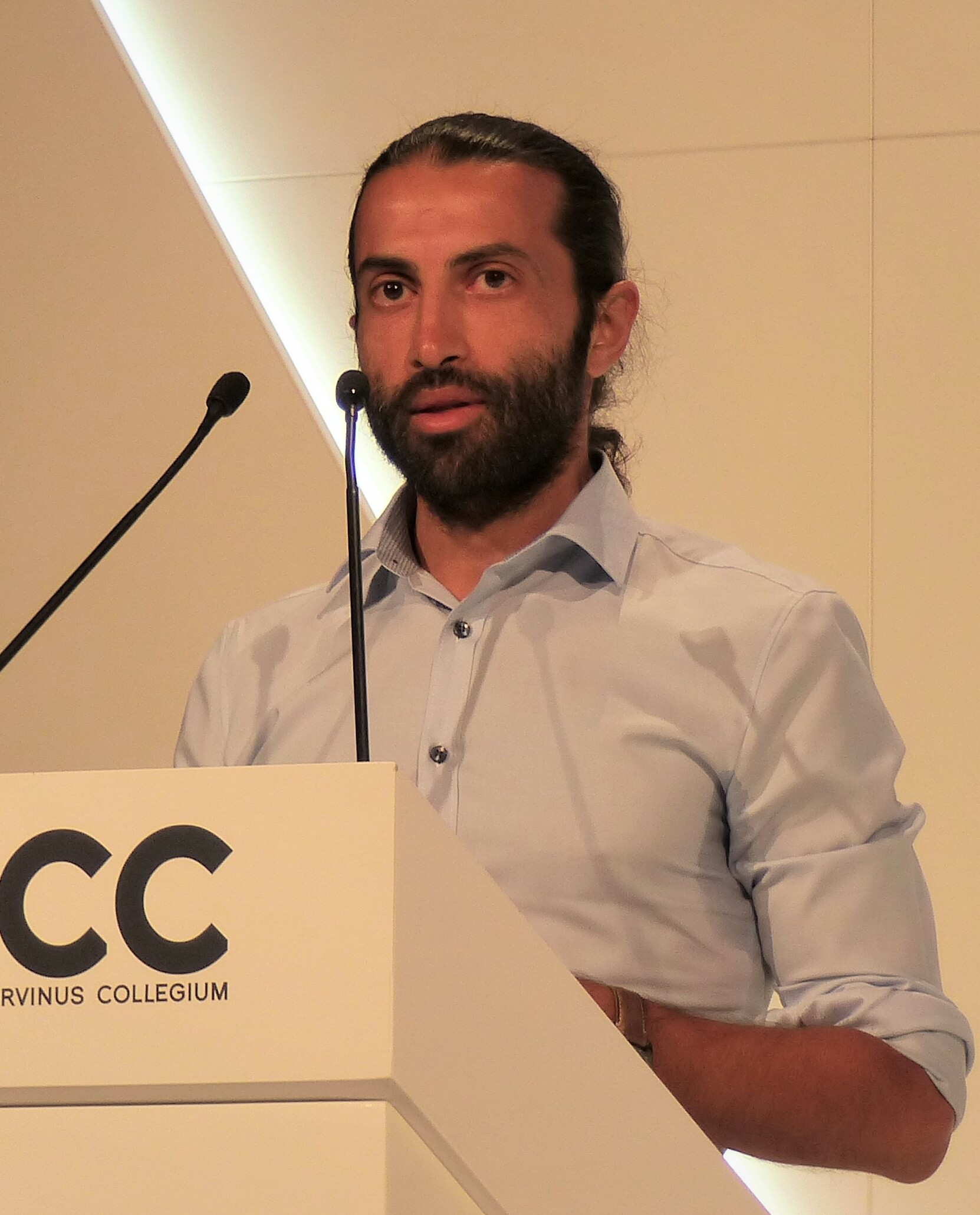June 23, 2025 – Global Desk Report
A controversial claim by Palestinian-born activist and ex-Hamas insider Mosab Hassan Yousef, known for his pro-Israel stance and previous cooperation with Western intelligence agencies, has drawn sharp attention and debate across the Middle East. According to Yousef, influential Arab-Muslim leaders have contributed “hundreds of billions of dollars” to the United States to support efforts toward the removal of Iran’s Supreme Leader, Ayatollah Ali Khamenei.
The statement, reportedly made during an exclusive interview on a U.S. media platform, has yet to be corroborated by any official government, intelligence body, or credible media outlet. “There are countries in the Arab world who are paying hundreds of billions of dollars… because they see the Ayatollah as the core threat to their existence,” Yousef claimed, adding that this alleged funding is aimed at ending Tehran’s influence and nuclear ambitions.
Yousef, now a vocal critic of Islamist regimes, including Iran’s theocracy, has long positioned himself as an insider with unique access to geopolitical maneuverings within the region. However, analysts and policy experts are urging caution, highlighting that no verifiable documentation or independent confirmation has surfaced to substantiate such large-scale financial dealings.
Diplomatic observers from the United Nations, Arab League, and Middle East Policy Council have uniformly stated that they are unaware of any multilateral agreements or covert funding arrangements involving Arab nations and Washington specifically targeting regime change in Tehran.
The governments of Saudi Arabia, United Arab Emirates, Egypt, and Qatar—commonly mentioned in regional security matters—have not issued any statement in support or denial of Yousef’s claim. The U.S. Department of State also declined to comment on what it termed “speculative allegations.”
International reactions to the statement have been mixed. Some see it as an extension of psychological operations amid growing tensions following the U.S. airstrikes on Iran’s nuclear facilities. Others view it as a potential warning sign of back-channel diplomacy or covert alliances forming under the surface of publicly non-aligned policies.
If confirmed, such a funding effort would represent one of the most significant financial interventions in modern geopolitical history. However, without evidence, the claim remains speculative.
Experts warn that such unverified reports, if circulated without scrutiny, could inflame tensions across the region, particularly between Shia-majority Iran and its Sunni-majority neighbors.
As of press time, there has been no official response from Tehran regarding Mosab Hassan’s allegations. However, Iranian state media has condemned recent Western narratives accusing regional players of plotting regime destabilization.
Whether a factual revelation or rhetorical posturing, the statement by Yousef adds a fresh layer of complexity to an already volatile regional power struggle.

